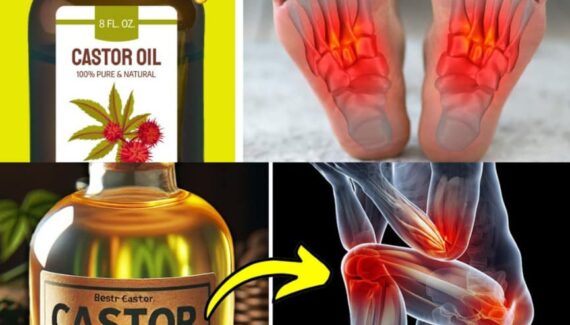
Who Is at Risk of Vitamin B12 Deficiency?
Certain groups are more prone to developing B12 deficiency, including:
- Vegans and Vegetarians: Since B12 is mainly found in animal products, those following a plant-based diet are at higher risk.
- Older Adults: Absorption decreases with age due to lower stomach acid production.
- People with Digestive Disorders: Conditions like Crohn’s disease, celiac disease, or gastritis can hinder absorption.
- Individuals on Certain Medications: Long-term use of acid-reducing medications or metformin (for diabetes) can interfere with B12 absorption.
- Those Who Have Undergone Weight Loss Surgery: Procedures like gastric bypass reduce the body’s ability to absorb nutrients.
How to Prevent and Treat Vitamin B12 Deficiency
- Increase Dietary Intake: Eat B12-rich foods such as meat, fish, eggs, dairy, and fortified cereals.
- Take Supplements: Those at risk should consider B12 supplements or fortified foods.
- B12 Injections: In severe cases, doctors may prescribe B12 shots to correct deficiency quickly.
- Routine Blood Tests: Regular testing can help monitor levels and prevent deficiency.
Final Thoughts
Vitamin B12 is essential for overall health, and a deficiency can lead to serious complications. If you experience any of these symptoms, consult a healthcare professional for testing and appropriate treatment. Early intervention can help restore energy, improve cognitive function, and prevent long-term health issues.









